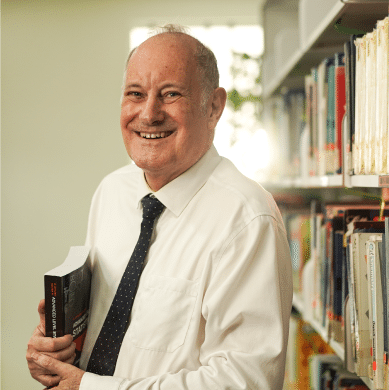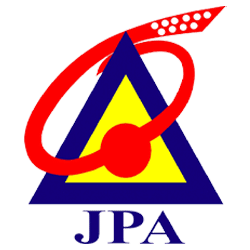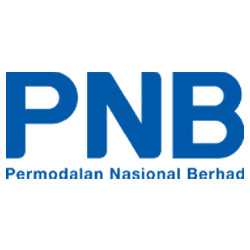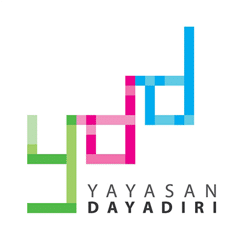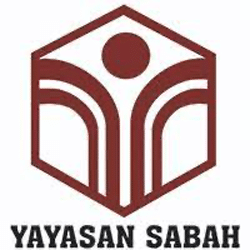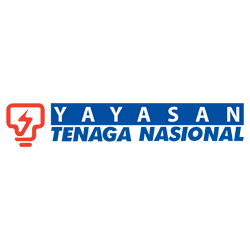Welcome to KYUEM
Your launchpad to the top universities in the world.
Established in 1998, KYUEM is one of Malaysia’s top performing A-Level colleges. We are a fully residential educational institution specialising in providing top quality Cambridge Assessment International Education (CAIE) A-Level programmes.
Our Stories
We are proud of our reputation for academic success but even prouder of our students who have worked hard and excelled. Our stories are not only of their results but a celebration of their successes. Our students are among the best, showcasing overall achievement in the form of academic excellence and sports & co-curricular activities.
Our Stories
We are proud of our reputation for academic success but even prouder of our students who have worked hard and excelled. Our stories are not only of their results but a celebration of their successes. Our students are among the best, showcasing overall achievement in the form of academic excellence and sports & co-curricular activities.
Bring your A-Game
Bring your
A-Game
Our A-Level programmes at KYUEM allow the flexibility for our students to pursue
an increasing range of less conventional courses alongside traditional ones.

Life at KYUEM
Within the clear and supportive framework of the KYUEM code of conduct, students are encouraged and guided to learn about independence, self-discipline, social and personal responsibilities and the road to academic success. They have the opportunity to develop complex and important skills as members of groups.
Happenings
Discover a glimpse of fun and happenings at KYUEM. Here, students can follow their passion, find their career path, and engage in a vibrant community and make lifelong friends fortified with shared values and experience.


Get Access to
the World’s Top
Universities
Chart your future with us
Join our Kolej Yayasan UEM or KYUEM A-Level programme and get access into the world’s top universities. Our focus is not just academic but also in creating well-rounded students with the ability to excel in their university of choice and beyond.
Get Access to
the World’s Top
Universities

Chart your future with us
Join our Kolej Yayasan UEM or KYUEM A-Level programme and get access into the world’s top universities. Our focus is not just academic but also in creating well-rounded students with the ability to excel in their university of choice and beyond.
Getting to KYUEM
Kolej Yayasan UEM (DK090(B))
Lembah Beringin
P.O. Box 62
35900 Tanjung Malim
Perak Darul Ridzuan, Malaysia
Tel: +603 6460 1234
Fax: +603 6460 1122
